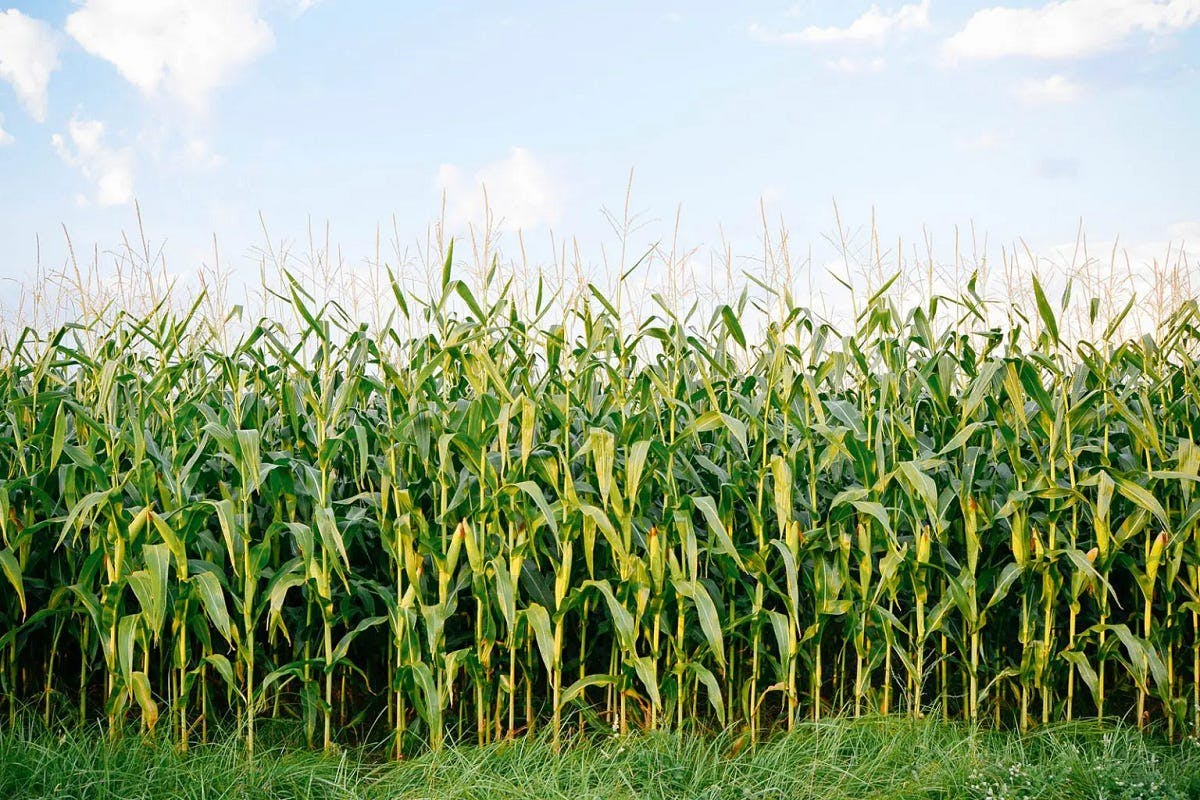
Deep Dive into Adaptive Measures
In response to the escalating impacts of climate change on maize production, Zambia has embarked on a series of adaptive measures aimed at safeguarding this vital crop. Central to these efforts is the development and deployment of drought-resistant maize varieties. Through collaborations between the Zambian government, international research institutions, and local agricultural bodies, new maize strains have been introduced that can withstand dry spells and erratic rainfall, offering a beacon of hope to farmers.
Equally important is the advancement in water management techniques. Innovations such as rainwater harvesting, efficient irrigation systems, and soil moisture conservation practices are being promoted across farming communities. These techniques not only aim to optimize water use but also to mitigate the effects of both droughts and floods, ensuring that water—a precious resource—is available for crops when needed.
The integration of technology in agriculture, or 'agritech', is also playing a pivotal role in Zambia's adaptive strategy. Mobile technology, for instance, is being used to disseminate weather forecasts and farming advice, enabling farmers to make informed decisions about planting and harvesting times.
Sustainable Practices and Success Stories
Beyond immediate adaptive measures, Zambia is also looking towards sustainable agricultural practices to build long-term resilience against climate change. Crop diversification is one such practice, with farmers being encouraged to include drought-tolerant and short-cycle crops alongside maize. This not only reduces dependency on a single crop but also enhances dietary diversity and income sources.
Conservation farming is another key sustainable practice being promoted. It involves minimal soil disturbance, maintaining a soil cover, and crop rotation, practices that collectively improve soil health and water retention, leading to better yields despite challenging climatic conditions.
Success stories abound, with regions such as Southern Province demonstrating remarkable resilience through the adoption of conservation farming techniques and crop diversification. These practices have led to increased yields, improved food security, and higher incomes for farmers, serving as a model for other regions in Zambia.
Policy and International Support
The Zambian government recognizes the critical role of policy in combating the impacts of climate change on agriculture. National strategies and action plans are being developed to integrate climate change adaptation into agricultural policy and planning. This includes efforts to increase investment in agricultural research and development, infrastructure for water management, and farmer education on climate-smart practices.
International support is also crucial in Zambia's fight against climate change. Partnerships with global organizations such as the Food and Agriculture Organization (FAO), the International Maize and Wheat Improvement Center (CIMMYT), and various climate funds are providing the technical and financial support needed to implement adaptive measures and sustainable practices.
One notable initiative is the "Climate-Smart Agriculture" project, funded by the Global Environment Facility (GEF), which aims to increase the resilience of the Zambian agricultural sector to climate change impacts while reducing greenhouse gas emissions.
As Zambia continues to navigate the challenges posed by climate change, the combined efforts of policy makers, the international community, and the resilience of its farmers will be paramount in ensuring the sustainability of its agriculture and the security of its food supply.
Expanding on the original blog about Zambia's agriculture and climate change, we find inspiring examples of resilience and innovation among Zambian farmers, supported by international and local initiatives. These stories not only highlight the challenges posed by climate change but also demonstrate the tangible benefits of adaptive and sustainable agricultural practices.
In Western Zambia, the Strengthening Climate Resilience of Agricultural Livelihoods in Agro-Ecological Regions I and II (SCRALA) project has become a beacon of hope. This initiative, supported by the Zambian Government, the Green Climate Fund (GCF), the United Nations Development Programme (UNDP), the Food and Agriculture Organisation (FAO), and the World Food Programme (WFP), aims to transform the lives of vulnerable smallholder farmers by providing comprehensive support across the agricultural value chain. From agricultural planning and production guidance to post-production assistance, including access to reliable weather information, the project empowers farmers with the tools and knowledge to thrive despite the challenges posed by climate change. A testament to this initiative's impact is the story of Nanswau Samisis, a single mother from Mulobezi District, who has significantly improved her family's livelihood through goat and chicken farming, enabled by the support from the SCRALA project United Nations Development Programme (UNDP).
Moreover, embracing technology and innovation is crucial in reaching and educating farmers about climate-smart practices. AICCRA (Accelerating Impacts of CGIAR Climate Research for Africa) has supported the launch of a radio program in collaboration with the Chitetezo Farmers Federation, airing in four Zambian provinces. This program aims to make climate innovations accessible to smallholder farmers, featuring agricultural innovations, profiles of Zambian agribusiness, and timely, localized agro-advisories. With an expected reach of 2.5 million listeners, this initiative exemplifies the power of traditional media in disseminating vital information to remote communities, empowering farmers to adapt and thrive in the face of climate change AICCRA.
These initiatives in Zambia underscore the importance of a multi-faceted approach to combat the impacts of climate change on agriculture. By combining governmental support, international funding, community engagement, and the leveraging of technology and media, Zambia is making significant strides towards ensuring food security, enhancing sustainable income, and building a resilient agricultural sector. Such efforts not only contribute to the Sustainable Development Goals of No Poverty, Zero Hunger, and Climate Action but also pave the way for a future where farmers are equipped to face the challenges of climate change head-on.